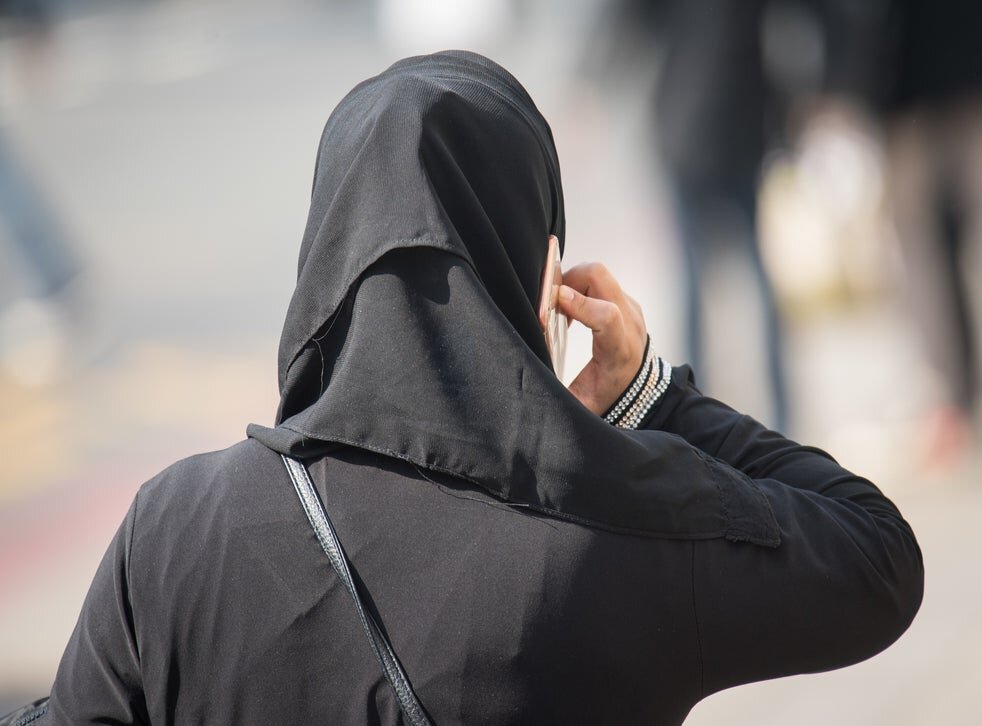Hawzah News Agency - (New York - US) - The Police Department agreed to change its policy and allow religious people to be photographed in head coverings so long as their faces were left unobstructed.
He New York Police Department will no longer require people who are arrested to remove religious headwear during mug shots as part of a settlement in a federal lawsuit.
A group of Muslim women sued New York City after they said they were forced to remove their hijabs after arrests and be photographed with their head and hair uncovered.
In an initial complaint filed in federal court in New York, one of the woman said that removing her hijab, a garment worn by many Muslim women around the world, and being photographed with it at her shoulders made her feel "humiliated, distraught and panicked from this coerced violation of her religious practice."
The settlement reached this month will now allow those detained by NYPD to retain their religious headwear while in custody and require trainings for NYPD officers about the new policy. The new policy will also cover religious headwear from other traditions, including yarmulkes, wigs, habits, turbans and kufis, among others.
A person can have their driver's license or other ID photo taken with a religious head covering on, so "there’s no reason why the NYPD should require them to remove these same head coverings" when they've been accused of a crime, said Albert Fox Cahn, an attorney for some of the plaintiffs.
Patricia Miller, the head of the city's Special Federal Litigation Division, said the change in policy was "a good reform for the NYPD." "It carefully balances the department’s respect for firmly held religious beliefs with the legitimate law enforcement need to take arrest photos, and should set an example for other police departments in the country," she added in a statement.
Four Muslim women and an advocacy group sued in separate lawsuits and were part of the settlement. The women said their constitutional rights were violated when they were forced to remove their head coverings for mug shots or NYPD searches.
An initial complaint filed in March 2018 alleged Jamilla Clark, who was arrested over a protective ordered filed by an ex-husband, faced threats of prosecution from NYPD if she did not remove her hijab for the mug shot.
"Like many Muslim women whose religious beliefs dictate that they wear a hijab, Ms. Clark felt exposed and violated without hers — as if she were naked in a public space," the complaint said. "A NYPD officer took a photograph of Ms. Clark as she wept and begged to put her hijab back on." The complaint also says that another officer "openly mocked the Muslim faith."
Arwa Aziz, the complaint said, faced a similar experience months later when officers allegedly would not allow her to push her hijab back slightly for a mug shot, instead forcing her to pull it down to her shoulders. Aziz also was arrested over a protective order, and the complaint said a dozen NYPD officers and more than 30 male inmates could see her as the mug shot was taken.
"Frantic, weeping and bareheaded in a hallway full of men who do not belong to her immediate family, Ms. Aziz felt broken," the complaint said.
Wearing a hijab is "core to both women's identities. It is an essential part of who they are," the lawsuit said, and the practice is held by some Muslim women around the world as an essential part of their religious identity and faith.
Under the terms of the settlement, there are certain situations during which NYPD officers would be allowed to require a person to remove their religious head covering. Head coverings may also be removed during mandatory NYPD searches for weapons and other contraband, the settlement said.
However, "on those limited circumstances where temporary removal of the religious head covering is necessary, members will take all possible steps, when consistent with personal safety, to respect a prisoner’s privacy, rights and religious beliefs," the settlement said.


Your Comment